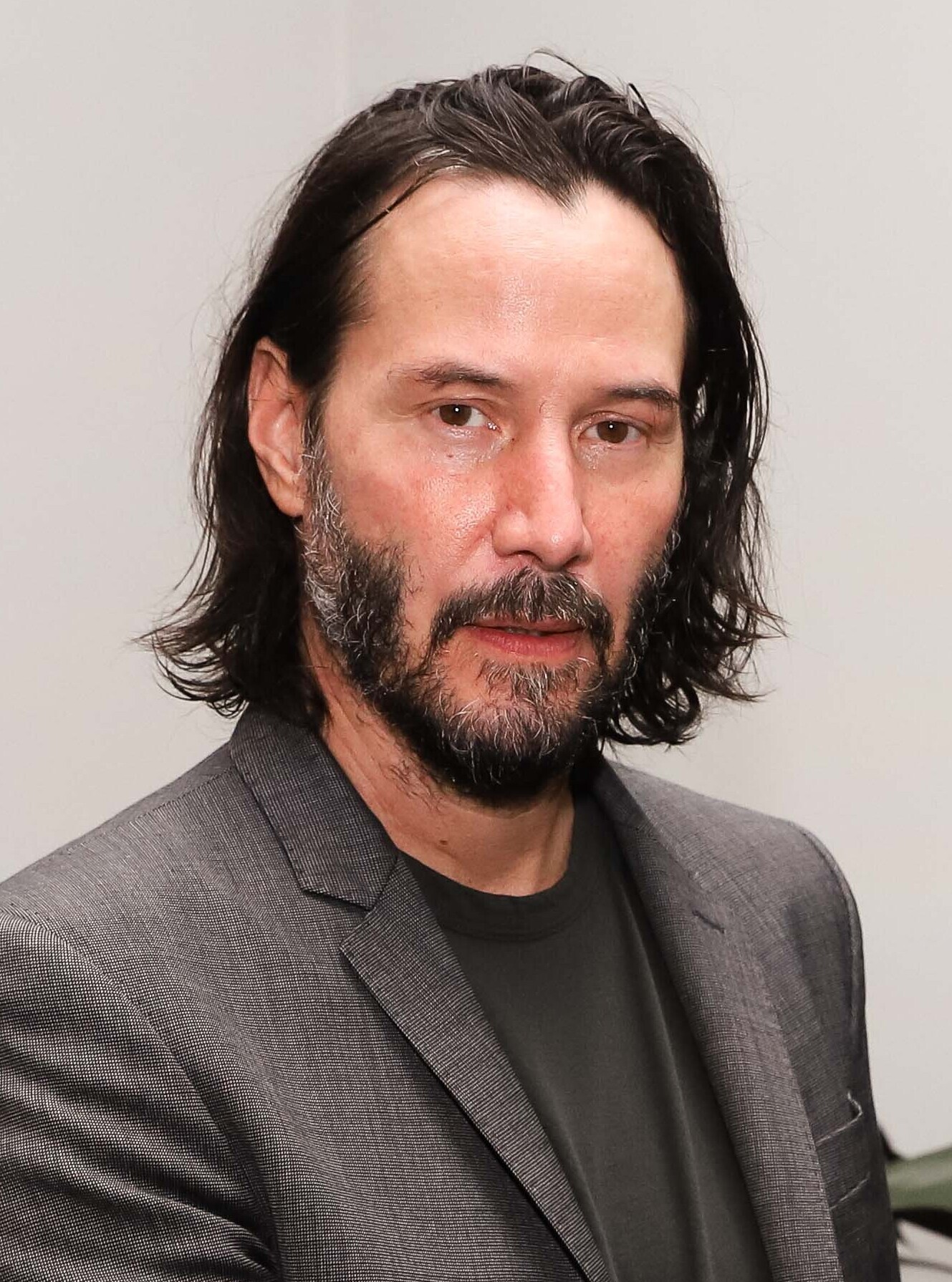
Keanu Charles Reeves stands as one of the most beloved and enigmatic figures in contemporary cinema, a Canadian actor whose career has spanned four decades and garnered numerous accolades. From his leading roles in action films to his amiable public image and philanthropic efforts, Reeves has left an indelible mark on the entertainment industry. His profound impact is underscored by The New York Times ranking him as the fourth-greatest actor of the 21st century in 2020, and Time magazine recognizing him as one of the 100 most influential people in the world in 2022. Yet, like many who navigate the complex landscape of Hollywood, his journey began with unique challenges and formative experiences that shaped the star we know today.
Indeed, the path to cinematic superstardom is often paved with compromises, advice, and the occasional strategic pivot. For young actors venturing into the bustling, competitive world of film and television, early career decisions can prove pivotal. It is in this high-pressure environment that a young Keanu Reeves, still finding his footing, encountered an unexpected piece of advice from his agents: to consider a name change. This seemingly minor suggestion, born from the perceived “ethnic” nature of his given name, offers a fascinating glimpse into the industry’s conventions and the personal choices that define an artist’s identity.
This in-depth exploration will delve into the initial chapters of Keanu Reeves’ remarkable career, tracing his diverse origins, his early forays into acting, and the moments of self-definition that preceded his global recognition. We will examine the circumstances surrounding his brief name change, his pivotal breakthrough roles, and the early critical reception that laid the groundwork for his eventual rise to action hero status. Join us as we uncover the foundational elements of a career that continues to captivate and inspire audiences worldwide.

1. **Early Life and Diverse Canadian Roots**Keanu Charles Reeves was born in Beirut, Lebanon, on September 2, 1964, to Patricia (née Taylor), a costume designer and performer, and Samuel Nowlin Reeves Jr. His mother hailed from Es, England, while his American father, from Hawaii, boasted a diverse heritage of Native Hawaiian, Chinese, English, and Portuguese descent. This rich blend of cultural backgrounds provided a unique foundation for the young Reeves, influencing aspects of his upbringing and outlook.
His parents’ paths crossed in Beirut, where his mother was working. However, his father abandoned the family when Reeves was merely three years old, a formative event in his early life. Reeves last reconnected with his father on the Hawaiian island of Kaua’i when he was thirteen. Following his parents’ divorce in 1966, his mother embarked on a series of moves with the family, first to Sydney, Australia, then to New York City, where she married Broadway and Hollywood director Paul Aaron in 1970.
The couple eventually settled in Toronto, Canada, before divorcing in 1971. Reeves, along with his sisters, spent much of their childhood primarily in the Yorkville neighbourhood of Toronto, often under the care of a nanny. During these formative years, he was exposed to British comedy shows such as *The Two Ronnies*, and his mother instilled in him English manners, which he has consciously maintained into adulthood. His paternal grandmother’s Chinese ethnicity also ensured that Reeves grew up surrounded by Chinese art, furniture, and cuisine, further enriching his cultural tapestry.
Describing himself as a “private kid,” Reeves navigated a challenging academic path, attending four different high schools, including the Etobicoke School of the Arts, from which he was eventually expelled. He candidly shared the reason for his expulsion, stating he was “just a little too rambunctious and shot my mouth off once too often … I was not generally the most well-oiled machine in the school.” Additionally, Reeves has dyslexia, which he noted contributed to his academic struggles, remarking, “Because I had trouble reading, I wasn’t a good student.”
Despite these academic hurdles, Reeves excelled in ice hockey at De La Salle College, where he was a successful goalkeeper with aspirations of playing for the Canadian Olympic team and was even considered an OHL prospect. However, an injury ultimately brought his promising hockey career to an end. At the age of fifteen, a new passion took hold, and he made the pivotal decision to pursue acting. After leaving De La Salle College, he attended Avondale Secondary Alternative School, a flexible environment that allowed him to pursue his education while actively working as an actor. He officially dropped out of high school at seventeen, eventually obtaining a green card through his American stepfather and relocating to Los Angeles three years later, though he has always retained his Canadian citizenship.
Read more about: Beyond the Icons: 13 Overlooked Pony Cars That Command Respect and Deserve a Second Look
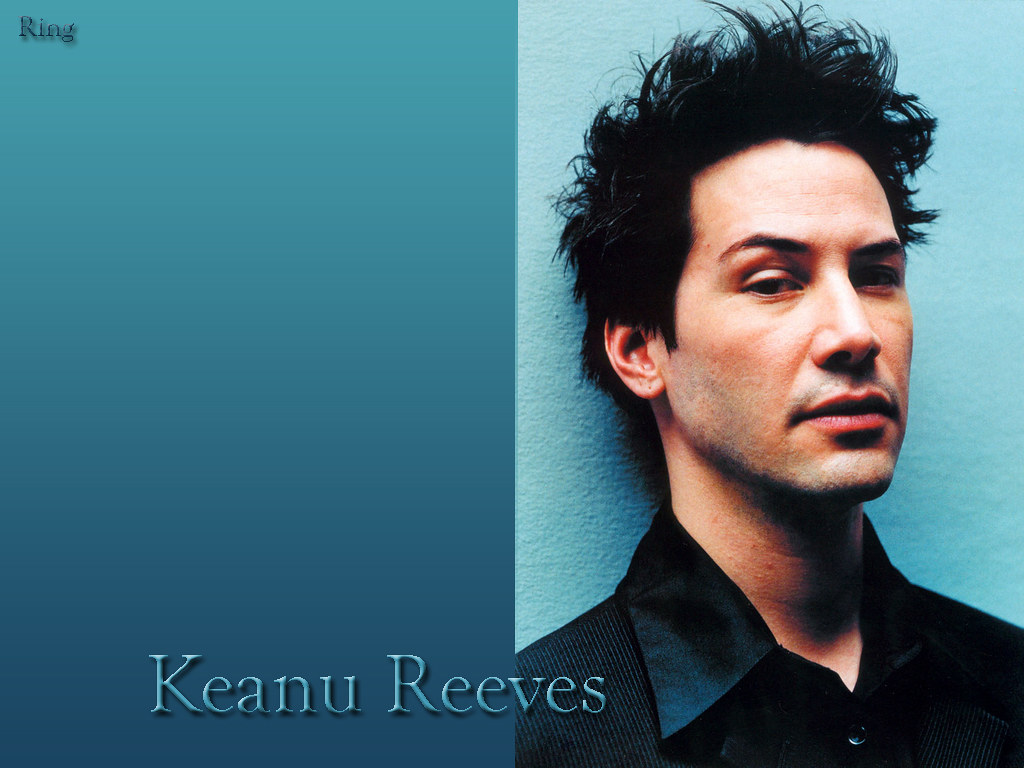
2. **Initial Acting Debuts and Early Television Work**Keanu Reeves’ entry into the professional world of entertainment began in his native Canada in 1984. His first credited role was as a correspondent for *Going Great*, a youth television program produced by the Canadian Broadcasting Corporation (CBC). This early exposure to television offered him a foundational understanding of on-camera work and the fast-paced nature of broadcast media.
Later that same year, Reeves made his official acting debut in an episode of the Canadian television series *Hangin’ In*, marking his transition from reporting to performing. This early experience in television provided him with valuable screen time and the opportunity to hone his craft in front of an audience, albeit a Canadian one. It was a crucial step in building his resume and gaining practical experience.
Beyond the screen, Reeves also explored the world of stage acting, showcasing his versatility and commitment to the art form. In 1985, he portrayed Mercutio in a stage production of *Romeo and Juliet* at the Leah Posluns Theatre in North York, Ontario. His theatrical endeavors continued with appearances in other stage productions, including Brad Fraser’s critically acclaimed cult hit *Wolfboy* in Toronto. These stage roles allowed him to develop a deeper understanding of character and performance.
Even before his television debut, Reeves had already gained some commercial experience, appearing in a Coca-Cola commercial in 1983. This early foray into advertising demonstrates his initial efforts to break into the industry. He also featured in *One Step Away*, a coming-of-age short film produced by the National Film Board of Canada (NFB), further broadening his early professional portfolio. These varied experiences were essential in preparing him for the challenges and opportunities that lay ahead in Hollywood.
Read more about: Unleash Your Inner Engineer: Top 14 Crate-Build Cars You Can Assemble Today
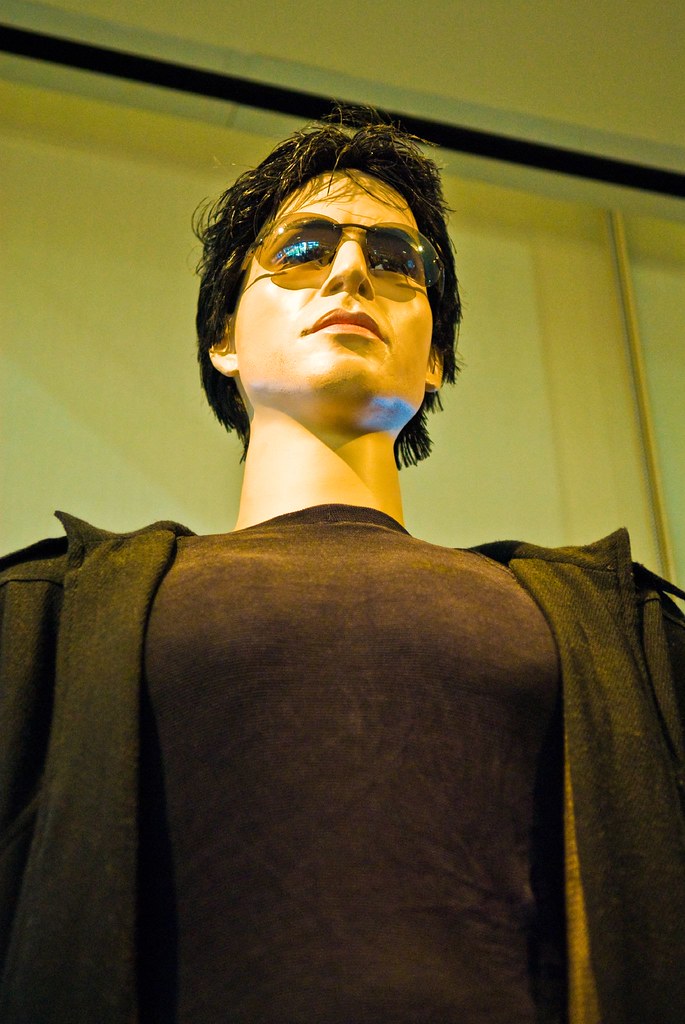
3. **The Brief Name Change: “K. C.” or “Casey” Reeves**As Keanu Reeves began to seek work in the competitive Los Angeles entertainment scene in the mid-1980s, he encountered a notable moment of industry advice that touched upon his identity. It was during this period that his agents suggested he adopt a different name, expressing concerns that his given first name, “Keanu,” was perceived as “too ethnic” for mainstream appeal. This counsel highlights a pervasive, albeit regrettable, aspect of Hollywood’s past, where diverse names were sometimes seen as potential barriers to an actor’s marketability.
In response to this professional guidance, Reeves briefly experimented with alternative monikers. For a period, he initialized his first and middle name, attending auditions as “K. C.” Reeves. He also tried out the name “Casey” Reeves, likely in an attempt to present a more conventionally Anglo-American identity that his agents believed would be more readily accepted by casting directors and producers. These brief experiments reflect the pressures and often arbitrary demands placed upon aspiring actors during that era.
However, these alternative names were short-lived. Reeves ultimately made the decision to revert to his birth name, Keanu. This choice, while perhaps a minor detail in his storied career, speaks volumes about his early self-assurance and his commitment to his authentic identity, even in the face of industry expectations. It underscores a quiet determination to maintain his individuality in a system that often sought conformity.
The anecdote serves as a poignant, albeit subtle, “Welcome to Hollywood” moment, illustrating the initial hurdles and the sometimes-unspoken biases that young actors from diverse backgrounds might face. His decision to reclaim and proudly use “Keanu” not only reflects personal integrity but also, in hindsight, became part of the unique appeal that would eventually distinguish him as a global star. His given name, once considered a potential hindrance, would ultimately become synonymous with his distinctive charisma and widespread fame.

4. **Foray into Film and Early Critical Recognition**Keanu Reeves’ acting career quickly expanded beyond Canadian television and stage work as he made his way into feature films and made-for-television movies. In 1986, he ventured into television films, appearing in NBC’s *Babes in Toyland*, *Act of Vengeance*, and *Brotherhood of Justice*. These roles provided him with further screen experience and exposure to a broader audience, albeit on the small screen. That same year marked his initial motion picture appearances, including a role as a goalkeeper in Peter Markle’s *Youngblood* and a part in the low-budget romantic drama *Flying*.
A more significant early film role came with *River’s Edge*, a crime drama loosely based on the 1981 murder of Marcy Renee Conrad. In this film, Reeves was cast as Matt, one of a group of high school friends grappling with the aftermath of a murder case. The film premiered in 1986 at the Toronto International Film Festival, where it received a largely positive response. Critics began to take notice of Reeves’ nascent talent.
Janet Maslin of *The New York Times* lauded the performances of the young cast in *River’s Edge*, describing them as “natural and credible.” Specifically, Reeves’ portrayal was highlighted as “affecting and sympathetic,” offering an early indication of his ability to convey emotional depth on screen. This critical praise was an important validation for the young actor, suggesting a promising future in dramatic roles.
In 1988, Reeves continued to build his filmography with several dramas aimed at teen audiences, including a lead role in *The Night Before*, a comedy opposite Lori Loughlin, as well as *The Prince of Pennsylvania* and *Permanent Record*. While *Permanent Record* received mixed reviews overall, *Variety* magazine offered specific praise for Reeves’ performance, noting that it “opens up nicely as the drama progresses.” His acting efforts also included a supporting role in the critically acclaimed *Dangerous Liaisons*, which garnered seven nominations at the 61st Academy Awards, winning three, further associating him with prestigious productions early in his career.
Read more about: The Unscripted Blockbuster: 12 Critical Missteps That Paved the Way for a Rental Empire’s Fall

5. **Breakthrough with *Bill & Ted’s Excellent Adventure***Keanu Reeves’ career took a significant turn in 1989 with the release of *Bill & Ted’s Excellent Adventure*, a science-fiction comedy that introduced him to a wider, appreciative audience. In the film, he portrayed Ted, a slacker who, alongside his friend Bill (portrayed by Alex Winter), embarks on a comedic journey through time to assemble historical figures for a crucial school presentation. The film’s quirky humor and unique premise resonated with audiences and critics alike.
*Bill & Ted’s Excellent Adventure* was generally well-received by critics, who appreciated its lighthearted approach and the chemistry between its leads. Film review aggregator Rotten Tomatoes gave the film a 79% approval rating, with the critical consensus stating: “Keanu Reeves and Alex Winter are just charming, goofy, and silly enough to make this fluffy time-travel Adventure work.” This early success showcased Reeves’ ability to deliver charismatic performances in comedic roles.
The film also proved to be a commercial success, grossing $40.5 million at the worldwide box office. This performance established Reeves as a recognizable face and demonstrated his appeal to a mainstream audience, providing a significant boost to his burgeoning career. The “Bill & Ted” franchise quickly became a cultural touchstone for a generation, cementing his place in popular culture.
Following this breakthrough, Reeves also appeared in Ron Howard’s comedy-drama *Parenthood* that same year. Nick Hilditch of the BBC reviewed the film, giving it three out of five stars and calling it a “feelgood movie” with an “extensive and entertaining ensemble cast.” This further diversified his portfolio, demonstrating his capacity for ensemble work in popular, well-regarded productions.
The year 1990 saw Reeves continue to explore varied roles, including an incompetent hitman in the black comedy *I Love You to Death* and Martin, a radio station employee, in the comedy *Tune in Tomorrow*. Additionally, he made a notable appearance in Paula Abdul’s music video for “Rush Rush,” which featured a *Rebel Without a Cause* (1955) motif, with Reeves stepping into a role reminiscent of James Dean. These roles continued to expand his range and visibility in the industry.

6. **Transition to Mature and Diverse Roles**The early 1990s marked a significant period of growth and transformation in Keanu Reeves’ career, as he actively pursued more mature and challenging roles, moving beyond the comedic persona that had brought him initial fame. In 1991, he reprised his role as Ted in *Bill & Ted’s Bogus Journey*, the sequel to his breakthrough film. Michael Wilmington of the *Los Angeles Times* praised the sequel, writing that it was “more imaginative, more opulent, wilder and freer, more excitingly visualized,” and commended the actors for their “fuller” performances. Film critic Roger Ebert echoed this sentiment, calling it “a riot of visual invention and weird humour that works on its chosen sub-moronic level […] It’s the kind of movie where you start out snickering in spite of yourself, and end up actually admiring the originality that went into creating this hallucinatory slapstick.”
Crucially, the remainder of 1991 signaled a profound shift in Reeves’ artistic trajectory as he embraced more adult-oriented characters. He co-starred with River Phoenix in the independent drama *My Own Private Idaho*, a poignant adventure film where they played street hustlers embarking on a journey of personal discovery. The story, written by Gus Van Sant, drew loose inspiration from William Shakespeare’s *Henry IV, Part 1, Henry IV, Part 2*, and *Henry V*, showcasing Reeves’ willingness to engage with complex, literary-inspired material.
*My Own Private Idaho* premiered at the prestigious 48th Venice International Film Festival before its theatrical release in the United States on September 29, 1991, where it earned $6.4 million at the box office. The film garnered widespread positive reception, with Owen Gleiberman of *Entertainment Weekly* describing it as “a postmodern road movie with a mood of free-floating, trance-like despair […] a rich, audacious experience.” *The New York Times* further complimented Reeves and Phoenix for their insightful performances, solidifying his reputation as an actor capable of delivering nuanced dramatic work.
This period also saw Reeves develop an interest in music, leading to the formation of the alternative rock band Dogstar in 1991, with Robert Mailhouse, Gregg Miller, and Bret Domrose. Reeves took on the role of bass guitarist, pursuing a creative outlet alongside his blossoming acting career. This exploration of diverse artistic endeavors underscored his multifaceted interests and desire to express himself beyond the confines of film.
Read more about: The 11 Most Jaw-Dropping TV Cameos You Probably Missed!

7. **Establishing an Action Hero Persona with *Point Break* and *Speed***The early 1990s were pivotal in establishing Keanu Reeves as a formidable action star, a genre that would come to define significant portions of his career. In 1991, he starred alongside Patrick Swayze, Lori Petty, and Gary Busey in Kathryn Bigelow’s action thriller *Point Break*. In the film, Reeves portrayed Johnny Utah, an undercover FBI agent tasked with infiltrating and investigating a group of bank robbers who are also avid surfers. To prepare for his role, Reeves, along with his co-stars, underwent extensive surfing lessons with professional surfer Dennis Jarvis in Hawaii, despite never having surfed before.
Upon its release, *Point Break* was generally well-received by critics and proved to be a commercial success, grossing $83.5 million at the box office. Reeves’ performance garnered particular praise; *The New York Times* noted his “considerable discipline and range,” adding, “He moves easily between the buttoned-down demeanour that suits a police procedural story and the loose-jointed manner of his comic roles.” Hal Hinson, writing for *The Washington Post*, hailed Reeves as the “perfect choice” for the role. His performance was further recognized at the 1992 MTV Movie Awards, where he won the Most Desirable Male award.
A year later, in 1992, Reeves broadened his genre exploration by playing Jonathan Harker in Francis Ford Coppola’s Gothic horror *Bram Stoker’s Dracula*, based on Stoker’s 1897 novel. Starring alongside Gary Oldman, Winona Ryder, and Anthony Hopkins, the film achieved both critical and commercial success, grossing $215.8 million worldwide. However, his attempt at an English accent for the role drew some ridicule, with Limara Salt of Virgin Media writing, “Overly posh and entirely ridiculous, Reeves’s performance is as painful as it is hilarious.” Director Coppola, in a 2015 retrospective, acknowledged Reeves’ effort, stating, “[Reeves] tried so hard […] He wanted to do it perfectly and in trying to do it perfectly it came off as stilted.”
In 1993, he appeared in *Much Ado About Nothing*, based on Shakespeare’s play. While the film received positive reviews, Reeves was nominated for a Golden Raspberry Award for Worst Supporting Actor, with *The New Republic* calling his casting “unfortunate.” He also starred in two other drama films that year, *Even Cowgirls Get the Blues* and *Little Buddha*, both of which received mixed-to-negative receptions. Despite the mixed reviews for *Little Buddha*, *The Independent* critic found Reeves’ part as a prince “credible,” and the film left a lasting impression on the actor, who later reflected, “When I played this innocent prince who starts to suspect something when he has the first revelations about old age, sickness and death, it hit me. […] That lesson has never left me.”
The year 1994 cemented Reeves’ status as a leading action hero with his role in the critically acclaimed action thriller *Speed*, where he starred opposite Sandra Bullock and Dennis Hopper. He portrayed police officer Jack Traven, who must prevent a bus from exploding by keeping its speed above 50 mph. *Speed* marked the directorial debut of Dutch director Jan de Bont, who chose Reeves for the lead after being impressed by his *Point Break* performance. To embody the character, Reeves underwent a significant physical transformation, shaving his head and spending two months in the gym to gain muscle mass. During production, Reeves faced a personal tragedy with the death of his friend and *My Own Private Idaho* co-star River Phoenix, leading to adjustments in the filming schedule to allow him time to mourn.
*Speed* was released on June 10, 1994, to a chorus of critical acclaim. Gene Siskel of the *Chicago Tribune* lauded Reeves, calling him “absolutely charismatic […] giving a performance juiced with joy as he jumps through elevator shafts […] and atop a subway train.” David Ansen, writing for *Newsweek*, summarized *Speed* as, “Relentless without being overbearing, this is one likely blockbuster that doesn’t feel too big for its britches. It’s a friendly juggernaut.” The film was a colossal commercial success, grossing $350 million worldwide against a $30 million budget, and went on to win two Academy Awards in 1995 for Best Sound Editing and Best Sound. This pivotal role firmly established Keanu Reeves as a bankable action star, capable of carrying major Hollywood productions.
Read more about: 13 Moments of Pure Vision: Unpacking the Raw Drive of Cinema’s Most Influential Directors
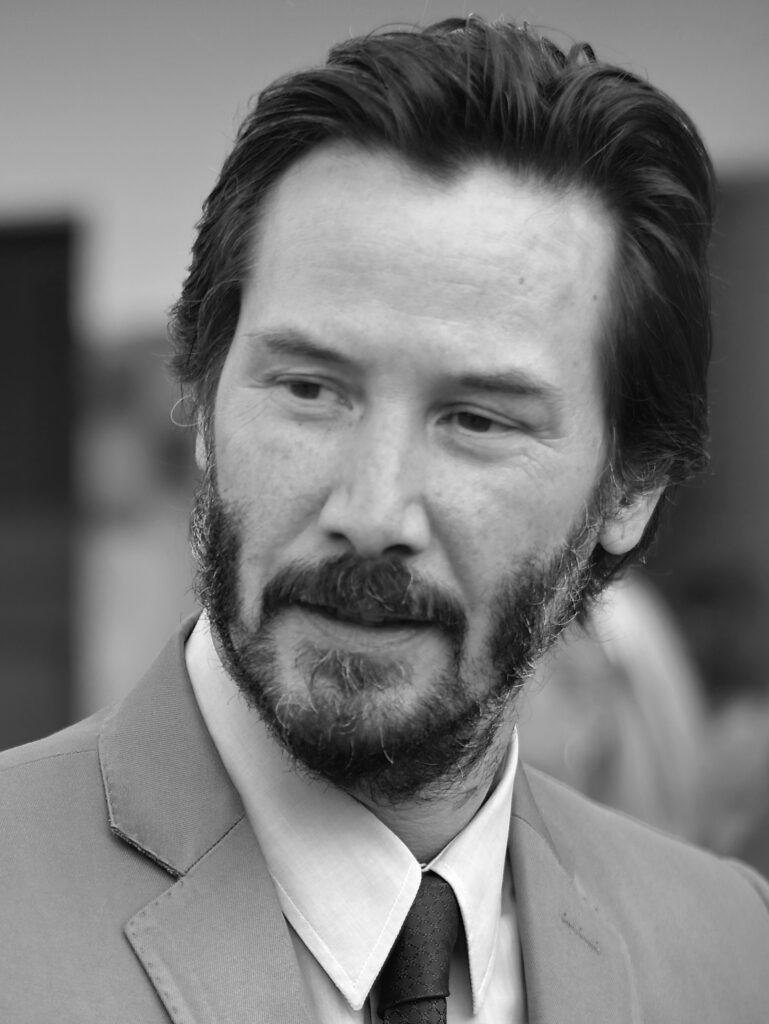
8. **The Phenomenal Resurgence with *John Wick***After a challenging period, Keanu Reeves orchestrated a remarkable career comeback in 2014 with *John Wick*. This action thriller, directed by Chad Stahelski, introduced audiences to a retired hitman seeking vengeance, redefining his professional trajectory.
Reeves was deeply involved in the story’s development, emphasizing the importance of the “whole story, the whole ensemble to come to life.” Filmed in New York City, *John Wick* met critical acclaim. *The Hollywood Reporter* praised the director’s “confident, muscular action debut” and Reeves’s “effortless” performance, marking a triumphant return to action.
Jeannette Catsoulis of *The New York Times* lauded Reeves’s fight scenes and noted his comfort in “roles that demand cool over hot, attitude over emotion,” perfectly suiting John Wick. The film became a significant box office success, grossing $86 million worldwide, signaling the beginning of a powerful new franchise and a major turning point.
The success of *John Wick* allowed for diverse projects. In 2015, he starred in the horror *Knock Knock* and narrated two documentaries. The prolific year 2016 saw five film appearances, including the critically panned *Exposed* and the better-received comedy *Keanu*, where he voiced the kitten.
The *John Wick* momentum continued strongly with *John Wick: Chapter 2* in 2017. This sequel surpassed its predecessor in critical and commercial success, grossing $171.5 million worldwide. Chris Hewitt of *Empire* magazine lauded Reeves’s performance, firmly cementing his status as a beloved action star.
Read more about: 15 Actors Whose Stellar Careers Have Only Deepened Our Respect
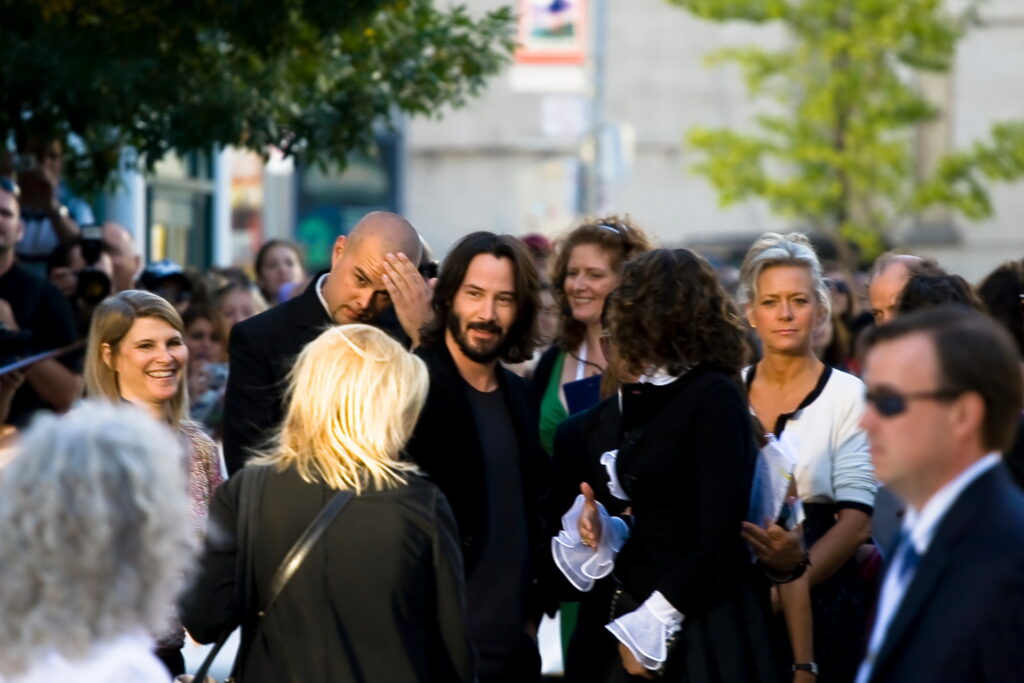
9. **Continuing the *John Wick* Saga and Expanding the Universe**Building on prior success, Keanu Reeves returned to his celebrated action role in 2019 with *John Wick: Chapter 3 – Parabellum*. This third film, directed by Chad Stahelski, plunged John Wick into a relentless struggle for survival, further expanding the franchise’s lore and introducing new characters like Halle Berry.
*Parabellum* continued the series’ critical and commercial triumphs, grossing an impressive $171 million domestically and over $155 million internationally. Reviewers praised the meticulously choreographed fight scenes, solidifying the series as a benchmark for modern action filmmaking.
Beyond *John Wick*, Reeves diversified with a memorable voice role in *Toy Story 4* (2019), portraying the charming Canadian stuntman Duke Caboom. This showcased his versatility and comedic timing, endearing him to a new generation of fans.
His venture into video games also expanded his cultural footprint. In 2020, Reeves brought Johnny Silverhand to life in *Cyberpunk 2077*. His involvement in this high-profile interactive medium demonstrated his embrace of new storytelling forms, making Silverhand a fan-favorite.
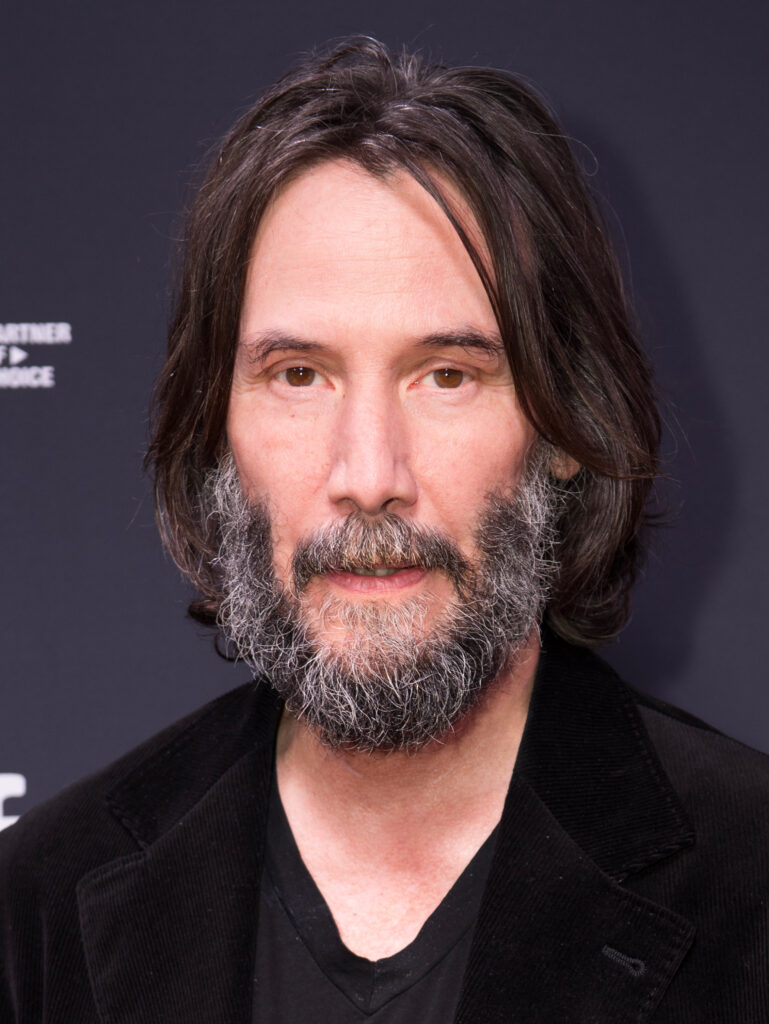
10. **Return to Iconic Roles and New Ventures**The early 2020s saw Keanu Reeves revisit some of his most beloved characters and launch exciting new entrepreneurial ventures. In 2020, he reprised Ted Logan in *Bill & Ted Face the Music*, a long-awaited sequel delighting both nostalgic and new fans.
Then, in 2021, Reeves stepped back into the black trench coat of Neo for *The Matrix: Resurrections*. This return to the iconic character was a major event, allowing him to delve into the philosophical depths and spectacular action sequences defining the franchise.
Beyond acting, Reeves significantly expanded his creative influence through entrepreneurial pursuits. He is the co-writer and creator of the *BRZRKR* franchise, which began as an original comic book series (2021-2023). This successful venture has since broadened its scope to include spin-offs like *The Book of Elsewhere* (2024), establishing a new universe under his creative guidance.
His passion for motorcycles also translated into a successful business. An avid motorcyclist, Reeves co-founded ARCH Motorcycle, a custom manufacturer. This venture reflects his deep personal interest and commitment to quality craftsmanship. He also co-founded the production company Company Films, solidifying his active role behind the scenes.
Read more about: Seriously, Where Did They Go? 6 Hit Film Series That Mysteriously Vanished From Our Screens!
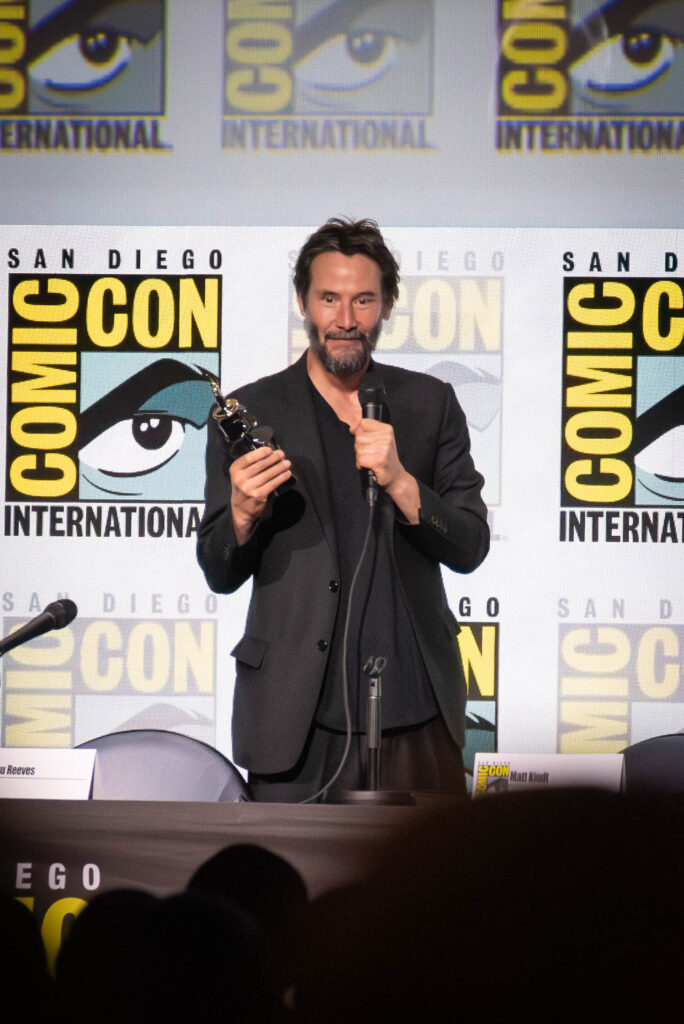
11. **Enduring Legacy and Future Horizons**Keanu Reeves’s enduring impact on entertainment and culture remains undeniable. The post-*John Wick* era has solidified his cinematic legend status and opened new opportunities.
His musical journey saw an unexpected resurgence. Dogstar reunited, releasing their album *Somewhere Between the Power Lines and Palm Trees* in 2023. This return to his rock roots added another fascinating chapter to his public persona.
Reeves’s distinctive voice has also found new avenues. Following acclaimed roles in *Toy Story 4* and *Cyberpunk 2077*, he lent his voice to Shadow the Hedgehog in *Sonic the Hedgehog 3* (2024). These voice acting roles demonstrate his versatility and ability to connect with diverse demographics.
His career is a testament to resilience, versatility, and a quiet dedication to craft. From navigating early industry biases to reinvention across genres, Reeves consistently defies expectations. His understated philanthropic efforts and amiable public image further contribute to his widespread admiration.
Keanu Reeves’s journey is far from over, with ongoing projects like *BRZRKR* expansions and other ventures. He has established himself as a leading actor, director, and producer, and as a cultural phenomenon whose work continues to evolve and resonate deeply with global audiences.
Read more about: 13 Moments of Pure Vision: Unpacking the Raw Drive of Cinema’s Most Influential Directors
Keanu Reeves is more than just an actor; he is a cultural touchstone, a symbol of quiet resilience and enduring talent. His journey through Hollywood, marked by both soaring highs and challenging lows, is a testament to the power of authenticity and a relentless pursuit of artistic expression. From the philosophical depths of Neo to the relentless vengeance of John Wick, and from his musical endeavors to his ventures into comics and custom motorcycles, Reeves has carved out a unique and profoundly impactful legacy. As he continues to explore new creative frontiers, his influence only grows, ensuring that the legend of Keanu will captivate generations to come.



